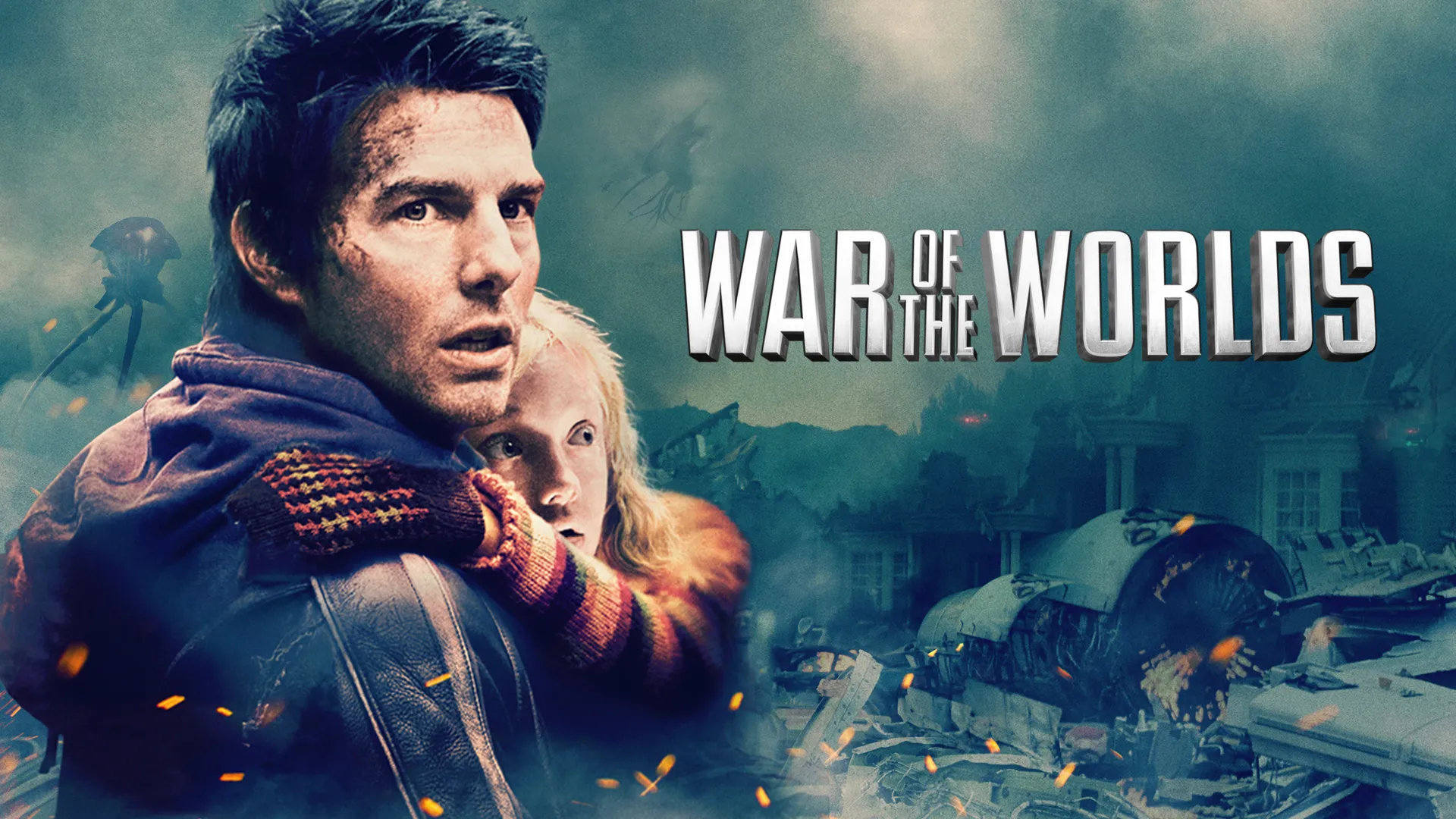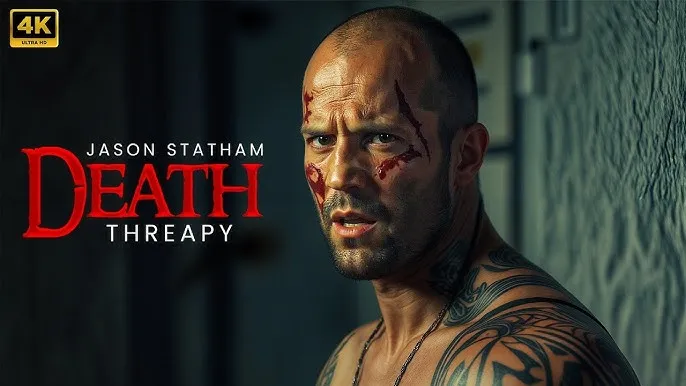Plot Overview
Set in 1805 during the height of Napoleon’s reign, the film follows Captain Jack Aubrey (Russell Crowe), a brilliant but bold British naval officer in command of the HMS Surprise. His mission: to intercept and capture the French privateer ship Acheron, which poses a dire threat to British interests in the South Seas.
Alongside him is the ship’s surgeon and naturalist, Dr. Stephen Maturin (Paul Bettany), a close friend whose scientific curiosity and moral introspection offer a counterbalance to Aubrey’s military ambition.
Their journey takes them from the turbulent waters off Brazil to the far reaches of the Galápagos Islands. Along the way, the crew faces brutal storms, psychological strain, and intense naval battles—all while grappling with questions of duty, sacrifice, and the thin line between leadership and obsession.
A Gritty, Authentic Naval Epic
One of the film’s most praised aspects is its historical realism. Unlike many Hollywood blockbusters of the time, Master and Commander favored authenticity over fantasy. From the cramped, creaking interiors of the ship to the cannon smoke and roaring seas, the production captured life aboard a Royal Navy vessel with meticulous detail.
Director Peter Weir, known for his work on Dead Poets Society and The Truman Show, approached the film with the eye of a historian and the heart of a poet. The screenplay, adapted from Patrick O’Brian’s beloved Aubrey–Maturin novels, balances thrilling action with subtle character development and philosophical themes.
Performances and Reception
Russell Crowe, fresh off his Oscar-winning performance in Gladiator, delivers a charismatic and complex portrayal of Captain Aubrey—equal parts daring leader and loyal friend. Paul Bettany, as the cerebral Dr. Maturin, provides a perfect intellectual foil, creating one of the most compelling friendships in modern cinema.
Upon its release, the film received widespread critical acclaim:
-
10 Academy Award nominations, including Best Picture and Best Director
-
2 Oscar wins: Best Cinematography and Best Sound Editing
-
Praise for its stunning visuals, realistic naval combat, and nuanced performances
Though not a massive box-office hit compared to fantasy giants like The Lord of the Rings, Master and Commander earned a devoted following and is frequently cited as one of the most underrated films of the 2000s.
Legacy and Cultural Impact
Two decades later, Master and Commander: The Far Side of the World continues to be celebrated for its intellectual depth, craftsmanship, and unique genre. Naval officers, historians, and film scholars often commend the film for its authenticity and leadership themes.
Talks of a sequel have emerged periodically, as fans still hope to see more of O’Brian’s novels brought to life on screen. In 2021, 20th Century Studios confirmed early development of a prequel script, sparking renewed interest in the franchise.

Final Thoughts
Master and Commander: The Far Side of the World is more than a historical war film. It's a cinematic voyage through honor, curiosity, and the enduring tension between science and war, between personal conviction and duty. With commanding performances, rich storytelling, and unforgettable seafaring imagery, the film stands tall among the greats of its genre.



